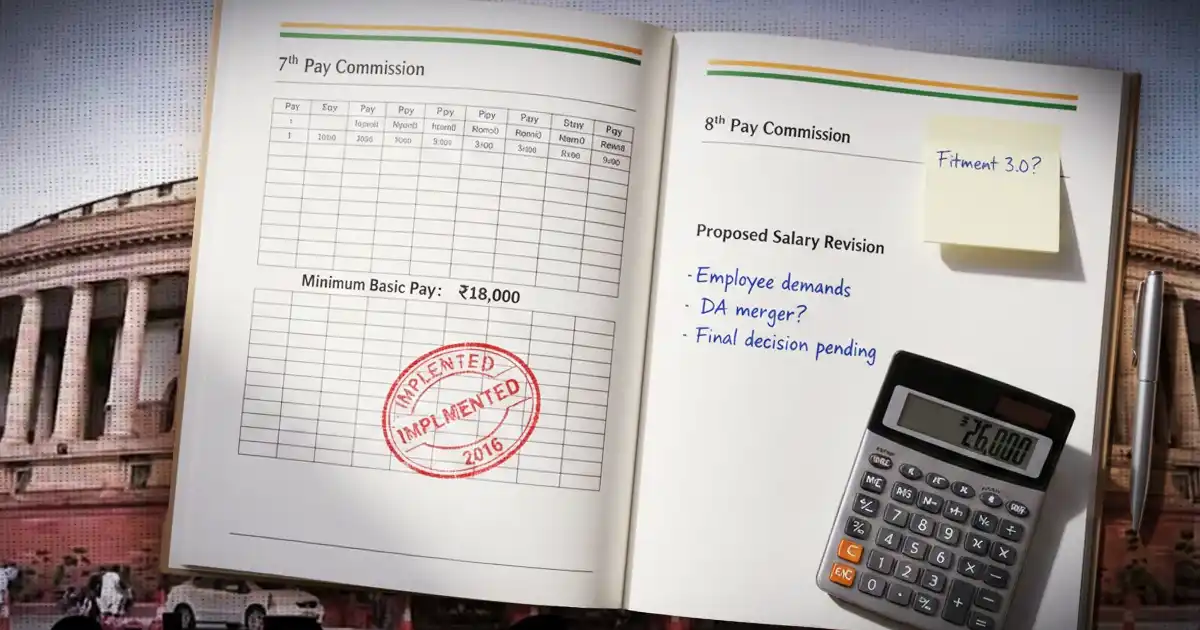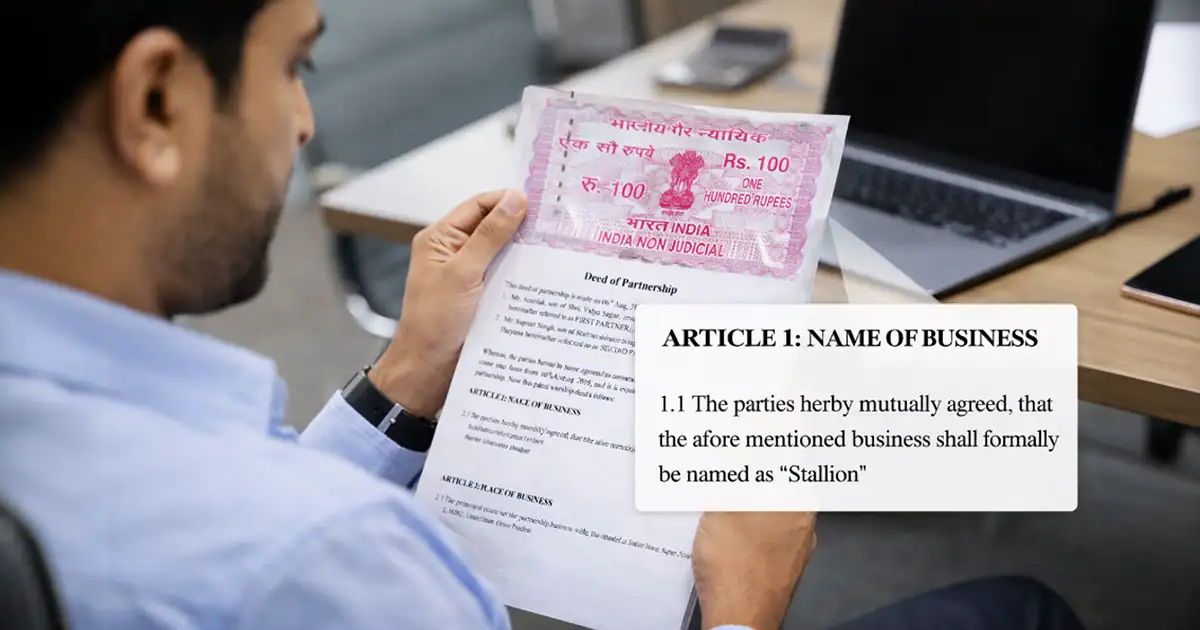An RCMC is more than just a regulatory formality. It gives access to financial benefits, policy-based incentives, and broader market access for Indian exporters.
1. Access to Foreign Trade Policy (FTP) Schemes
With an RCMC, exporters can avail of government schemes such as:
- Advance Authorisation – Enables duty-free import of raw materials for manufacturing export goods.
- EPCG (Export Promotion Capital Goods) Scheme – Allows import of machinery at zero duty for producing export items.
2. Eligibility for Export Refunds
To claim benefits under schemes like RoDTEP, which refund uncredited taxes and levies, exporters must have a valid RCMC. This improves cost efficiency and profitability.
3. Tax and Duty Exemptions
RCMC is often required to apply for exemptions from customs duties on imported goods used in export production.
Note: RCMC is mandatory, but not sufficient alone—you must apply under specific schemes.
4. Market Development Support
Exporters with RCMC can receive financial aid for:
- Stall rent and travel expenses at approved international trade fairs
- Participation in promotion schemes like MAI (Market Access Initiative) and MDA (Marketing Development Assistance)
5. Access to Training and Market Intelligence
Export Promotion Councils offer RCMC holders:
- Trade data and research reports
- Updates on regulatory changes
- Subsidized training sessions and expert-led webinars
6. Credibility and Networking
An RCMC enhances your reputation as a registered exporter. It helps in:
- Securing export financing from banks
- Building trust with overseas buyers
- Expanding business through council-supported networking platforms
7. Support in Trade Disputes
In the event of disagreements with foreign buyers, your EPC can offer official guidance and assist in resolving issues through recognized channels.










